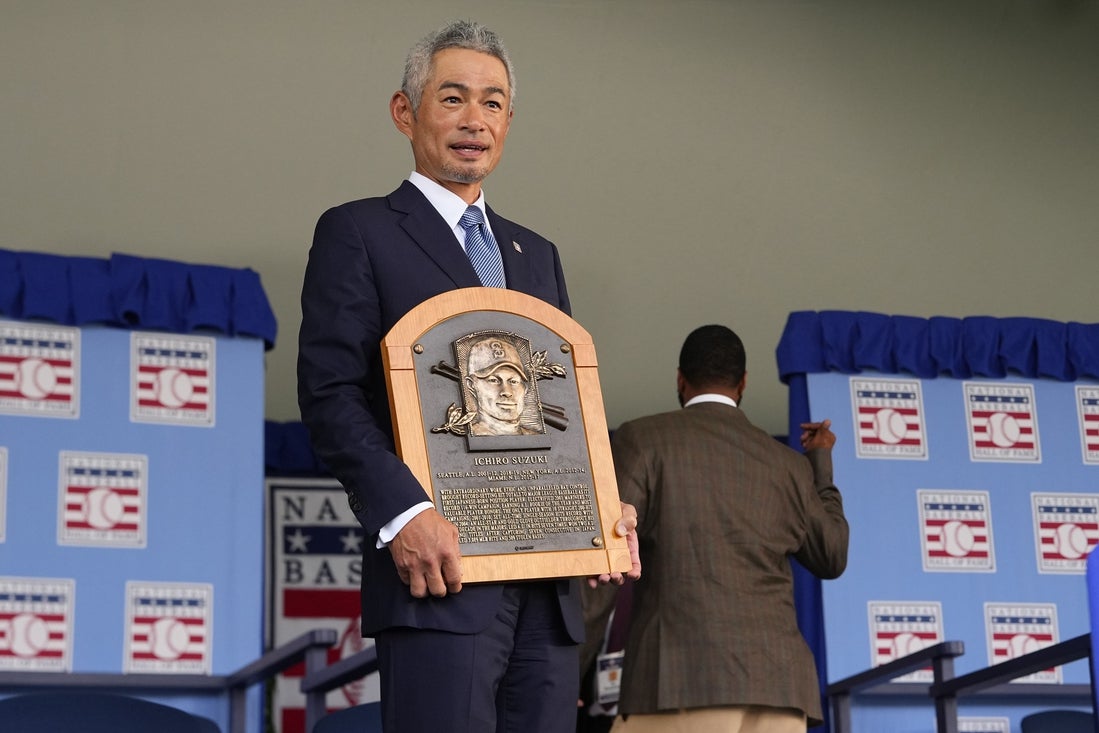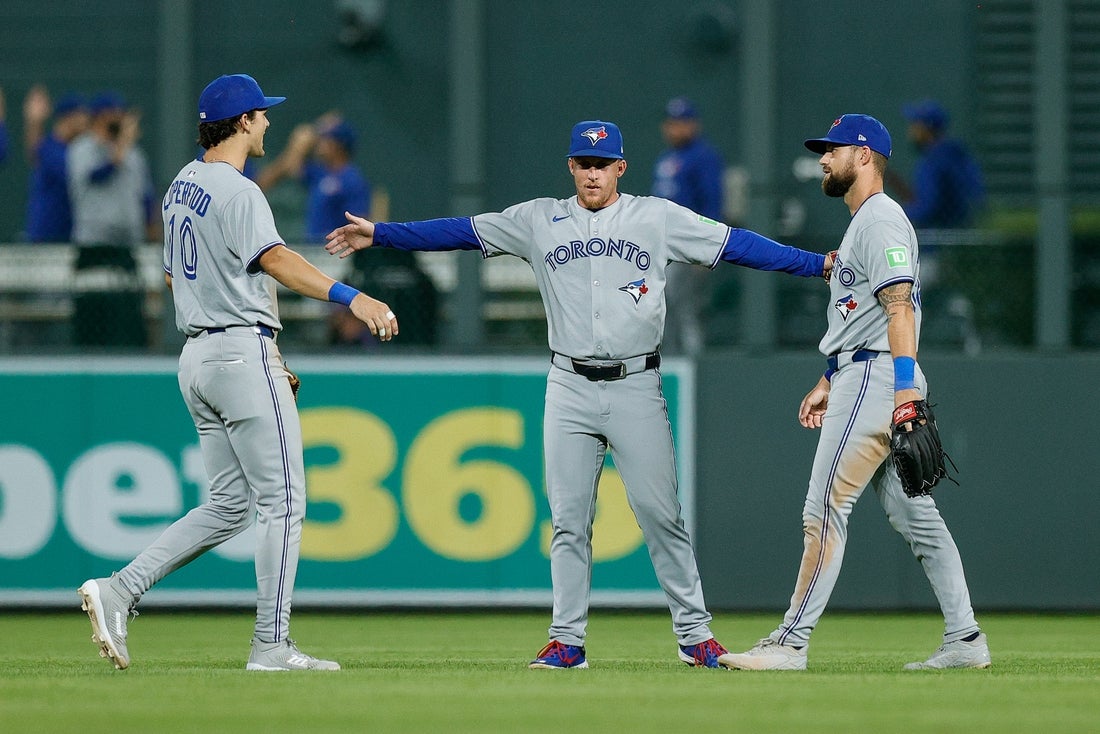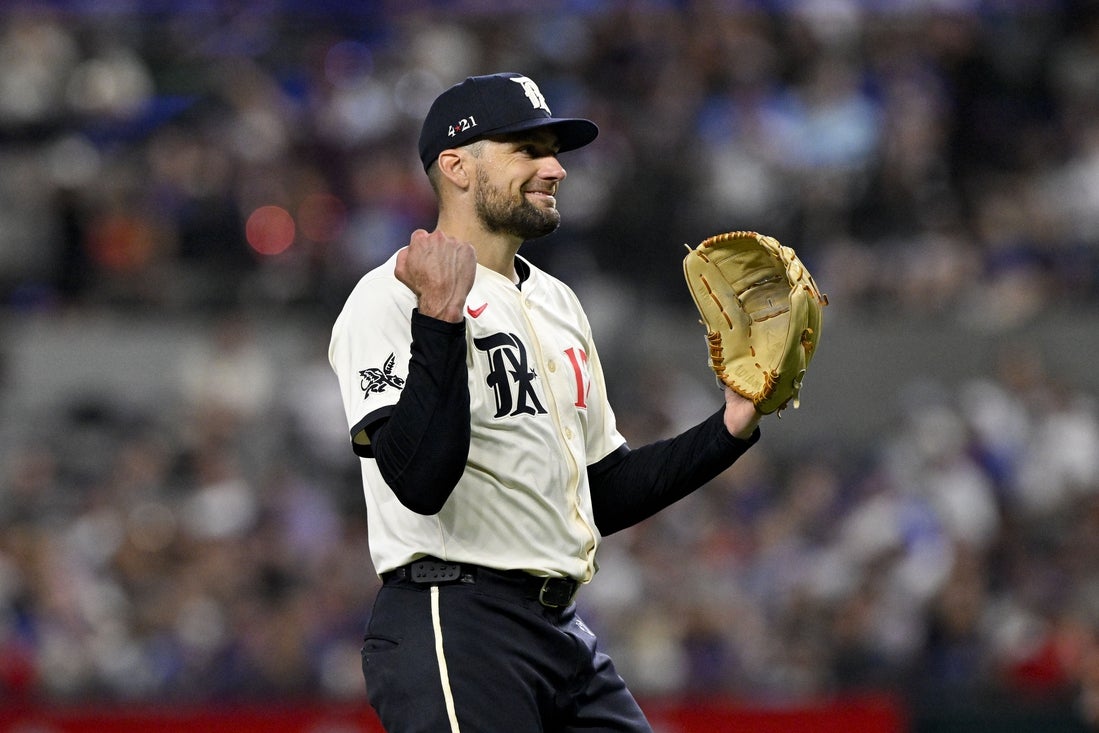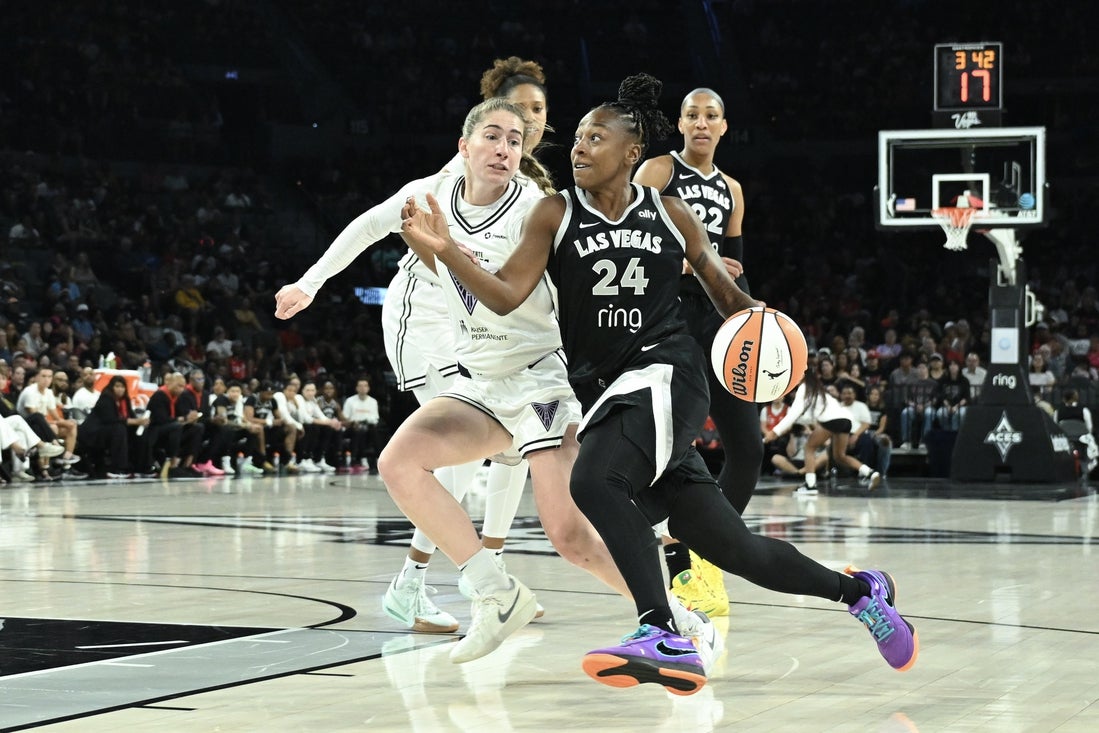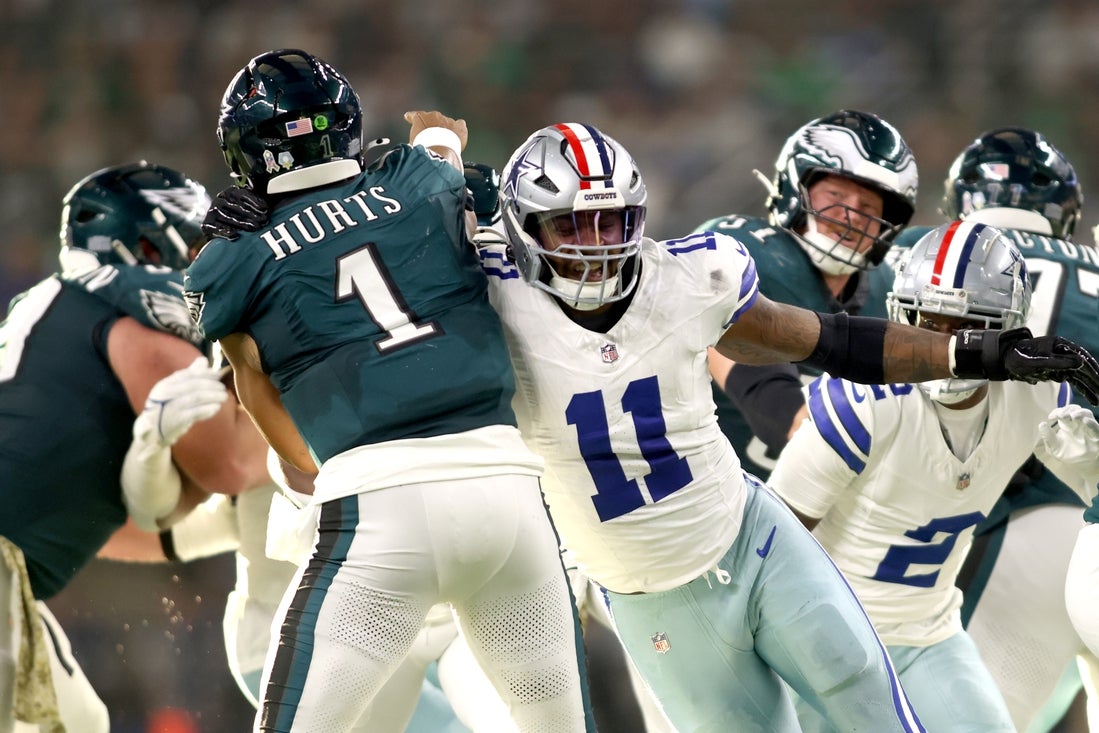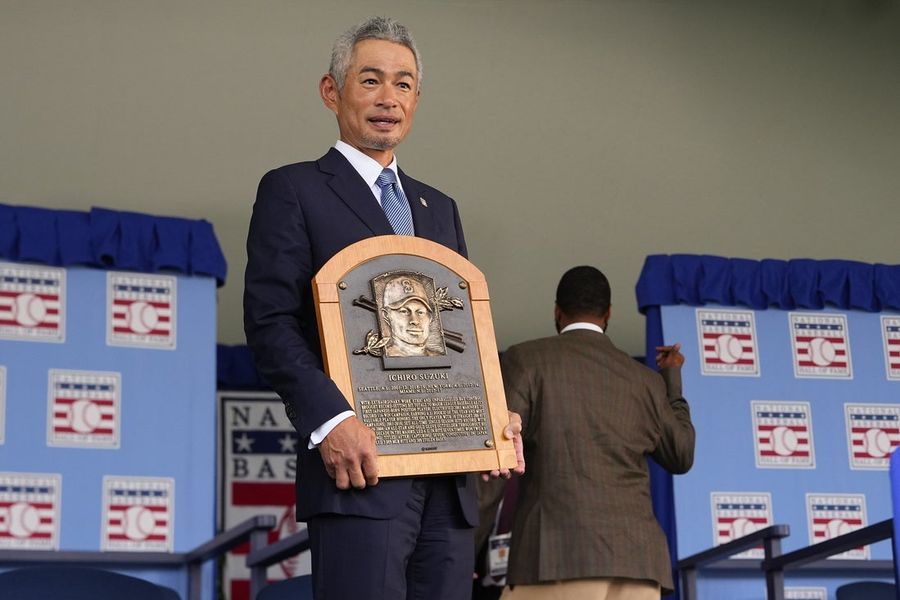 Jul 27, 2025; Cooperstown, NY, USA; Hall of Fame inductee Ichiro Suzuki poses with his Hall of Fame plaque after the Baseball Hall of Fame Induction Ceremony at the Clark Sports Center. Mandatory Credit: Gregory Fisher-Imagn Images
Jul 27, 2025; Cooperstown, NY, USA; Hall of Fame inductee Ichiro Suzuki poses with his Hall of Fame plaque after the Baseball Hall of Fame Induction Ceremony at the Clark Sports Center. Mandatory Credit: Gregory Fisher-Imagn Images COOPERSTOWN, N.Y. — On an overcast Sunday in this charming village, thousands of fans from the Far East to the East Coast, from Texas to the Midwest to the Pacific Northwest, gathered to usher five icons of the game into the National Baseball Hall of Fame.
And they heard heartfelt tales from — and about — the inductees: Ichiro Suzuki, CC Sabathia and Billy Wagner, as well as Dick Allen and Dave Parker, who were honored posthumously.
Despite the star power of the group, the man of the hour was Suzuki, 51, who became the first baseball player to be elected to two Halls of Fame, following his selection into the Japanese Baseball Hall of Fame in January. He had a nine-year career in Japan before he was posted for availability to MLB teams after the 2000 season and signed by the Seattle Mariners to launch a splendid second career.
“For the third time, I am a rookie,” said Suzuki, who delivered his speech in English after using an interpreter most of his career. “In 1992, I was drafted out of high school (in Japan). In 2001, I became a rookie again at 27 when the Seattle Mariners signed me.
“I realize I’m a rookie again … I am 51 years old, so easy on the hazing.”
Suzuki mixed a sharp sense of humor with a serious tone in discussing what made him a Hall of Famer: preparation, taking responsibility for his game and feeling a sense of duty to give his all for fans.
He cared for his own equipment, unwilling to blame an equipment manager if his glove weren’t perfectly laced or his spikes not ready to run the bases. His arm was always in shape when he reported to spring training.
“If you consistently do the little things, there’s no limit to what you can achieve,” said Suzuki, who won two American League batting titles and both the AL Rookie of the Year and MVP in 2001.
Suzuki said he never envisioned playing in the United States until he saw Hideo Nomo pitching for the Los Angeles Dodgers on television in Japan.
“My eyes suddenly opened to the idea of challenging myself by going somewhere I never imagined,” he said to a crowd that included fans from Japan. “I’m grateful to the Seattle Mariners for believing I could become the first position player from Japan.”
Fans of Sabathia had a much shorter distance to travel, whether from his first MLB home in Cleveland, his brief one in Milwaukee or his final one with the New York Yankees.
Sabathia’s speech was a love letter to the women in his life, including to his grandmother, who allowed him to take the grapefruits that fell off her tree in the yard and throw them at a chair — his strike zone. To his mother, who used to put on the gear to catch his pitches, took him to Athletics games at the Oakland Coliseum and talked pitch selection with him when he got to the majors. And to his wife, whom he met as a high school junior and has been with since.
And he talked with passion about the places he played.
“I was born and raised in Vallejo,” the Northern California native said. “But Cleveland is where I grew up.”
It was in New York that Sabathia burnished his Hall of Fame resume, leading the majors in wins in 2009 and 2010, and he called signing with the Yankees “the best decision we ever made.”
Suzuki and Sabathia, 45, were elected in their first years of eligibility. Wagner, the Rolaids Relief Man of the Year in 1999 with the Houston Astros, entered the Hall of Fame on his 10th and final ballot.
Wagner was born a right-hander who learned to throw left-handed after a childhood injury to his right arm. He told his underdog story, from being a small kid from Virginia who went from a “5-foot-nothing, 100-pound nothing to the Hall of Fame.”
It was perseverance and passion that got him from Division III Ferrum College to Cooperstown, he said.
“I refused to give up,” said an emotional Wagner, 54. “I refused to listen to the outside critics. … Perseverance isn’t just a trait. It’s a path to greatness.”
Parker and Allen, both seven-time All-Stars and recipients of Most Valuable Player awards, were selected for induction by the Classic Era Committee. Parker passed away on June 28 at age 74, six months after learning of his long-awaited entry into the hall.
Allen was 78 at his death in 2020.
David Parker II, Parker’s son, and Allen’s widow, Willa, reflected in their speeches just what baseball meant to their loved ones and what this day would have meant to them.
The younger Parker took the crowd through the journey of his father’s career, through the six major league cities in which he played. He became a legend in Pittsburgh, where he won two batting titles and his first World Series, learning from cornerstones of the franchise — Roberto Clemente, Al Oliver and Dock Ellis — about being a major leaguer.
And as he proceeded in his career through his hometown of Cincinnati, through Oakland, Milwaukee, Anaheim and Toronto, Parker transitioned to “Pops,” helping to guide the next generation, including fellow Hall of Fame members Barry Larkin, Robin Yount and Paul Molitor.
“He cherished his role as a spiritual father to these young men,” David Parker II said.
As Parker struggled with his health in his final months, he wrote a poem that summed up his thoughts about his career and his induction, read by his son to the crowd filled with fans in “Parker 39” jerseys.
The poem hilariously started, “Here I am. 39. About damn time.”
Allen, famous for swinging a 42-inch bat, was described by his widow as a heavyweight as a player, a man and a friend in the warm stories she told of him. He was a man of “principle, compassion and determination,” Willa Allen said.
That determination was evident as a child, when a teacher in his small-town Pennsylvania school asked her pupils what they wanted to be when they grew up. He confidently told the class he wanted to be a Major League Baseball player.
That was before Jackie Robinson broke the color barrier in 1947. The other kids laughed.
“He didn’t laugh. He believed it,” Willa Allen said. “Now look at him.”
Looking ahead to 2026, there likely won’t be any first-year eligible players selected. Carlos Beltran, who was named on 70.3 percent of ballots in 2025, and Andruw Jones, selected on 66.2 percent, could hear their names called next year. Both are members of the 400-home run club, and Jones won 10 Gold Glove awards.
–Jami Farkas, Field Level Media


